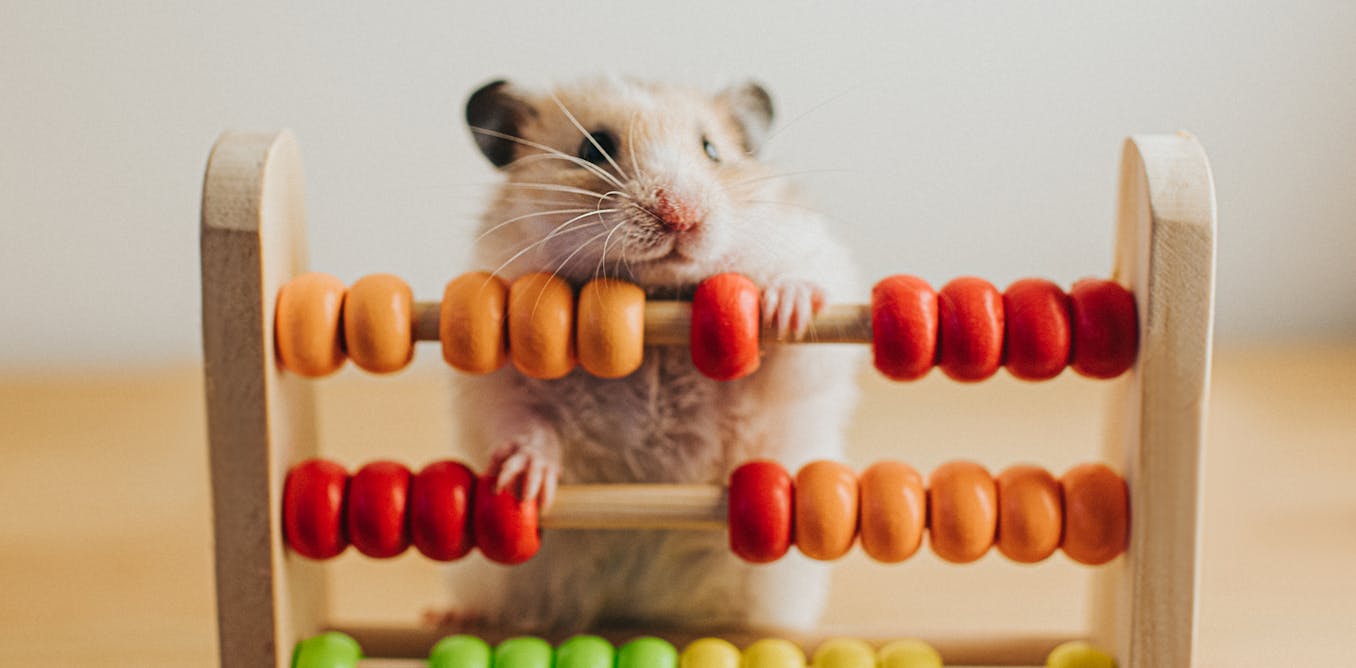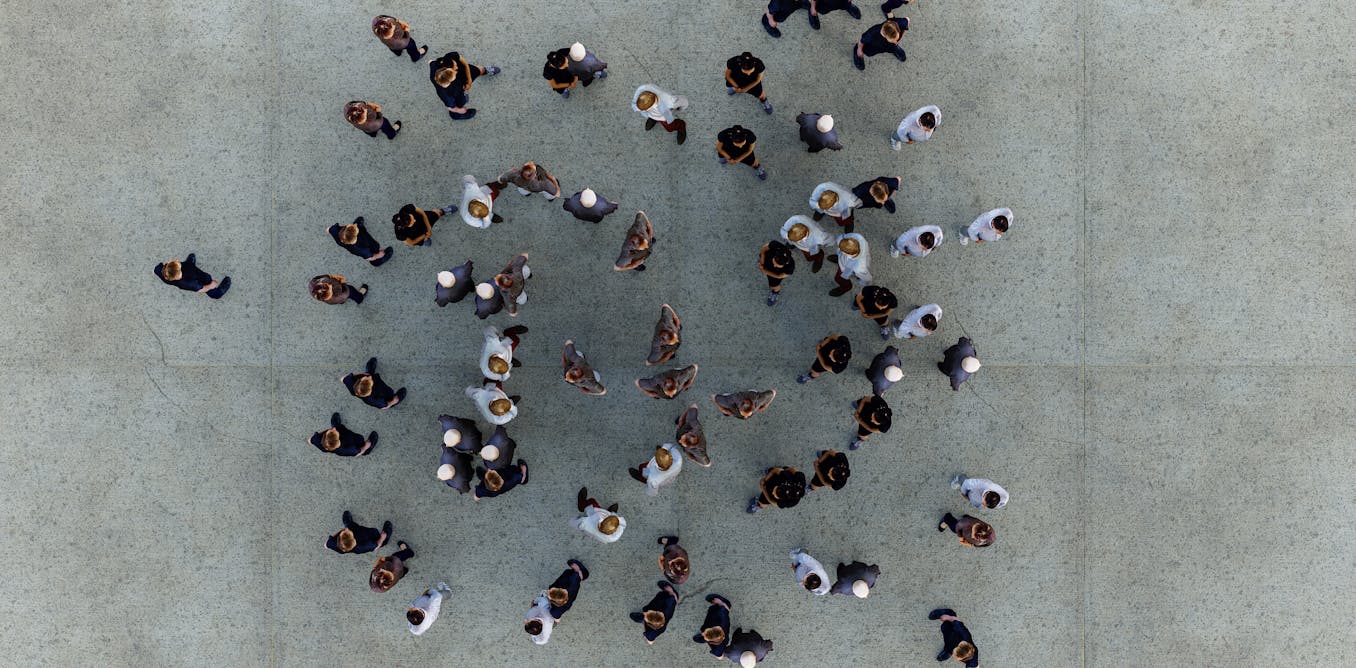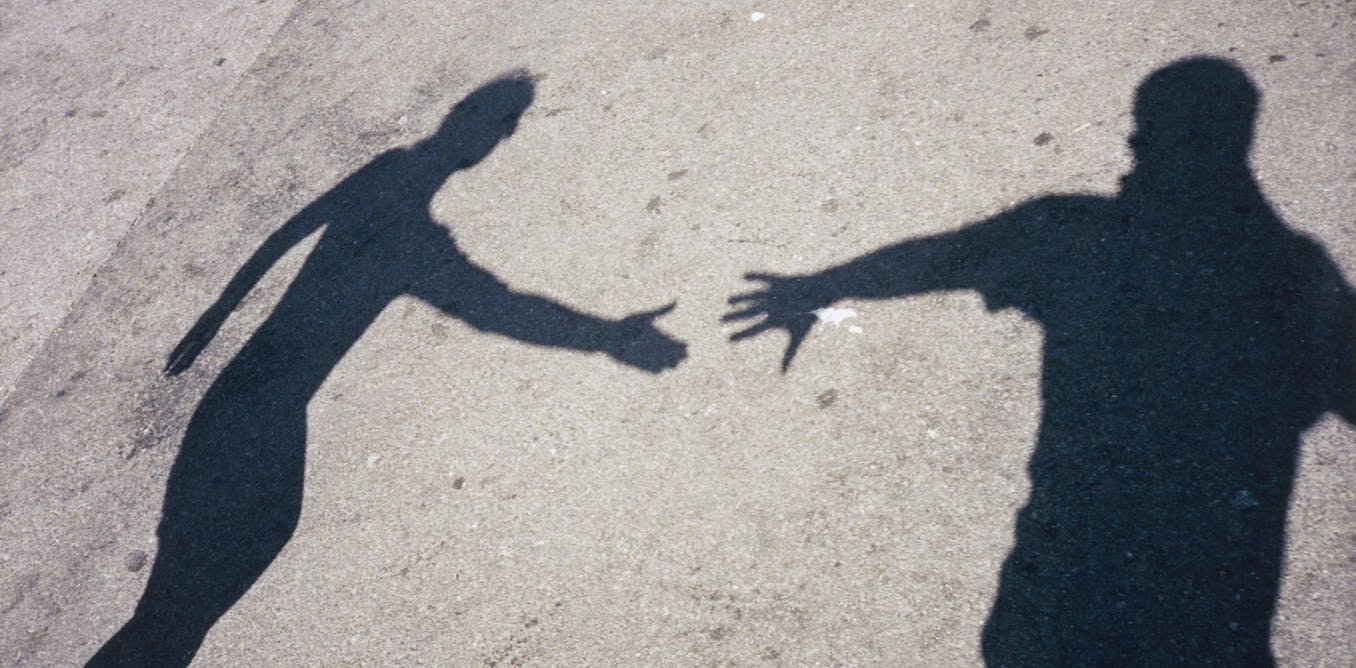Humans and animals can both think logically − but testing what kind of logic they’re using is tricky
How researchers measure the logical reasoning of monkeys, pigeons, rats, fish and wasps shapes how they understand mental processes in animals − and in people.
yesterday • ~8 min









